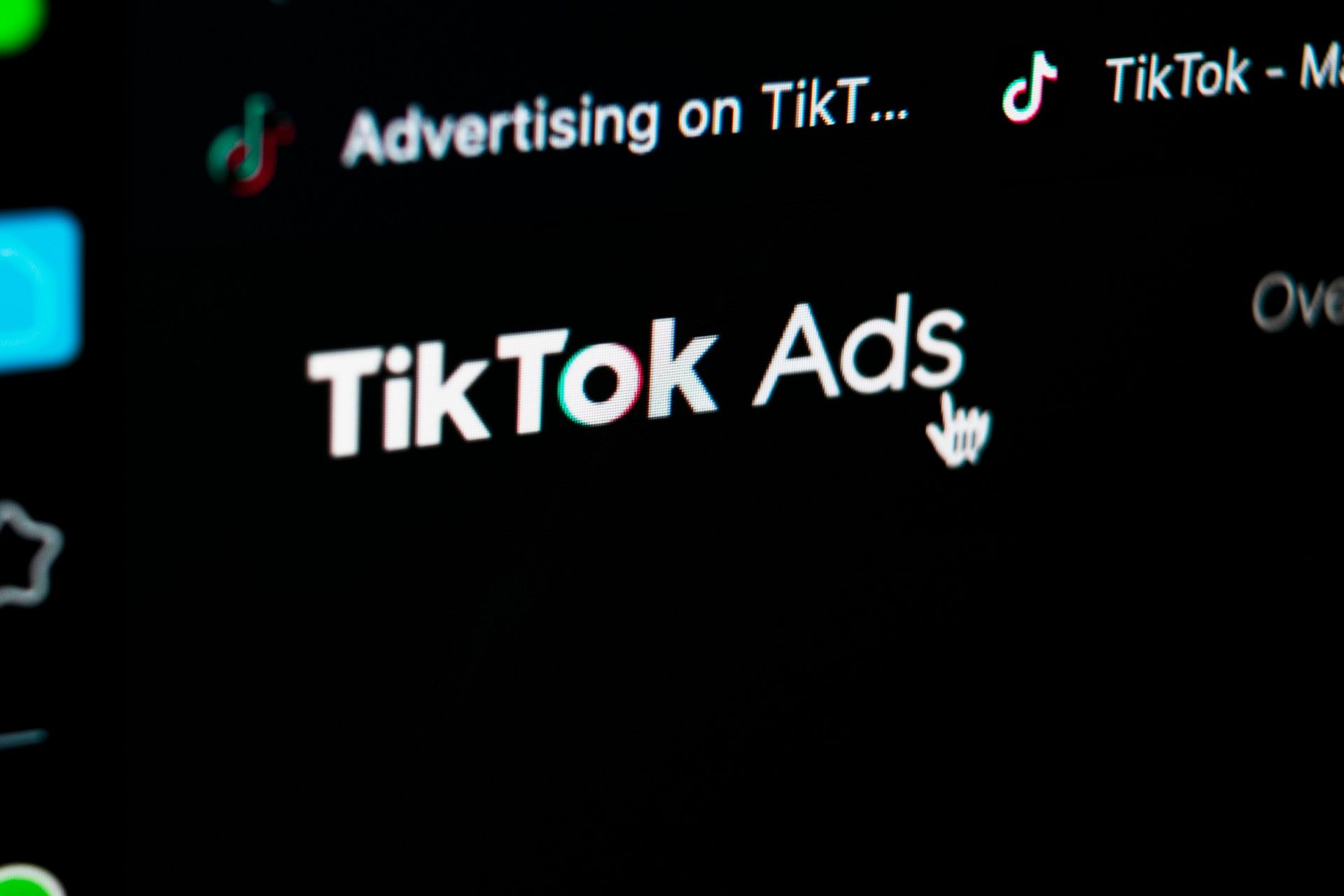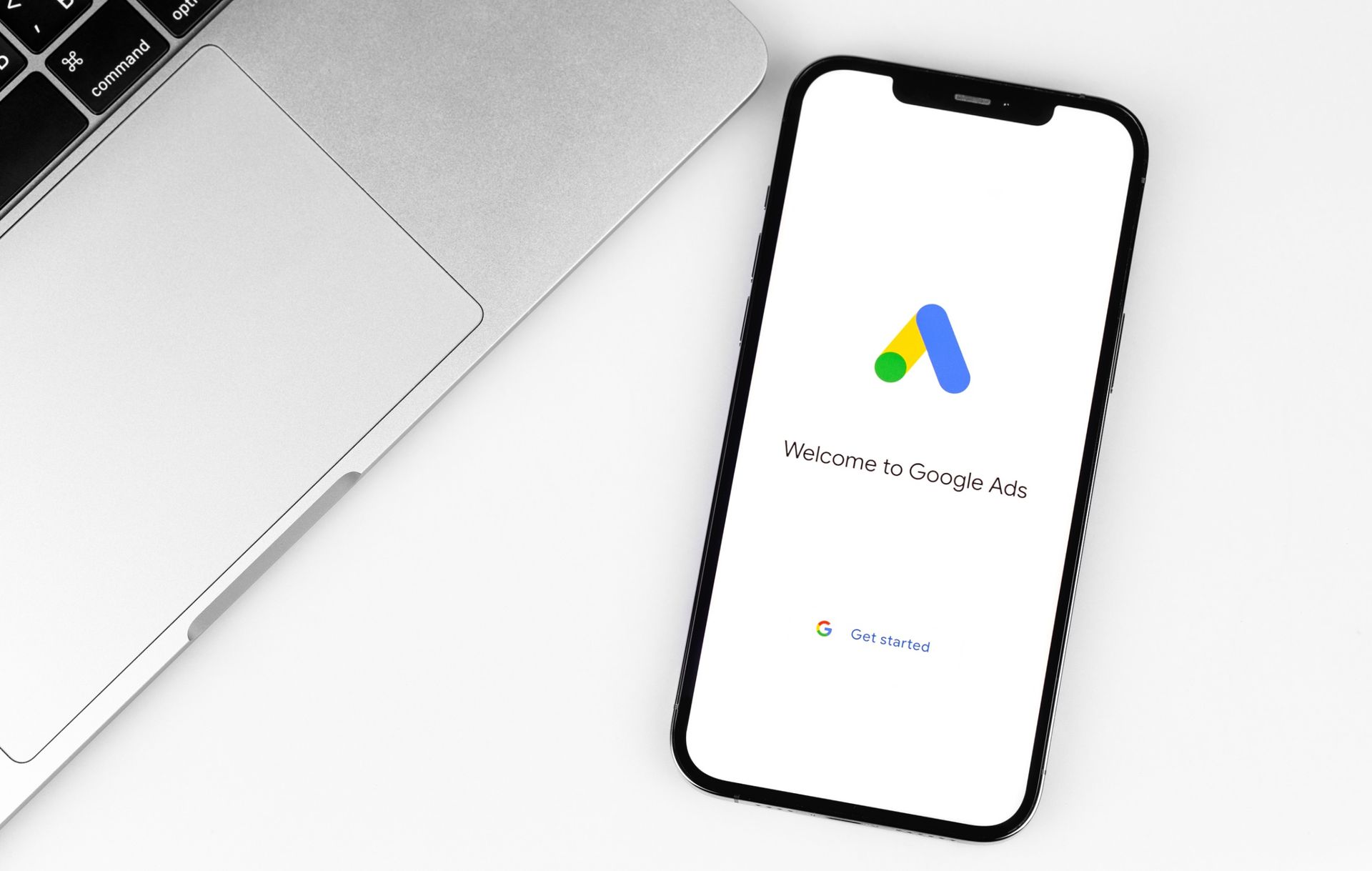Digital Marketing Matters: Understanding its Importance in 2024
Digital marketing has become essential for businesses today. For companies in Washington DC, having a strong digital presence can make all the difference.
In 2024, this is more important than ever. Partnering with a Washington DC digital marketing agency can help you navigate this evolving landscape.
They offer expertise and local insights to boost your online visibility and engagement. Whether you're a small business or a large enterprise, understanding and leveraging digital marketing strategies can drive your growth and success.
Let's explore why digital marketing is crucial this year.
Importance of Digital Marketing for Small Businesses
Trends in Consumer Behavior and the Need for an Online Presence
In 2024, consumer behavior continues to evolve, making a robust online presence a necessity for small businesses. Here are some key trends shaping the landscape:
Increased Mobile Usage
- Statistics: Over 60% of online searches now come from mobile devices.
- Impact: Ensure your website is mobile-friendly to capture this significant portion of the market.
Personalized Customer Experience
- Personalized marketing boosts engagement and conversions.
- Use customer data to create tailored content and offers that resonate with individual preferences.
Trust and Transparency
- Consumers prefer brands that are transparent about their values and practices.
- Build trust through authentic storytelling and clear communication about your business operations.
Rise of Social Media Commerce
- Platforms like Instagram and Facebook have integrated shopping features.
- Engage with your audience and drive sales directly through social media channels.
Benefits of a Strong Digital Presence
A strong digital presence can significantly benefit your business by:
- Enhancing Visibility: Increased online visibility helps attract potential customers.
- Building Credibility: An active and professional online presence builds trust with your audience.
- Facilitating Engagement: Digital platforms provide opportunities for direct interaction with customers, fostering loyalty and repeat business.
Actionable Steps for Small Businesses
To harness these trends and build a strong online presence, consider the following steps:
- Create a Mobile-Friendly Website: Ensure your site is responsive and loads quickly on mobile devices.
- Leverage Social Media: Use platforms like Instagram, Facebook, and LinkedIn to reach and engage with your target audience.
- Invest in SEO: Optimize your website and content with trending keywords to improve search engine rankings.
Cost-Effective Strategies to Compete with Larger Businesses
Leveling the Playing Field
In the competitive landscape of 2024, small businesses need to adopt innovative and cost-effective strategies to stand toe-to-toe with larger competitors. Focus on resourceful digital marketing tactics that maximize your reach and impact without draining your budget.
Utilize Content Marketing
Content marketing remains a powerful tool for small businesses:
- Quality Over Quantity: Ensure that your blog posts, articles, and social media updates provide real value.
- Keyword Integration: Incorporate trending keywords like "local SEO," "small business marketing tactics," and "digital marketing strategies" to improve search engine rankings.
- Consistency is Key: Regular updates keep your audience engaged and signal to search engines that your site is active.
Embrace Social Media
Social media platforms provide an affordable way to reach a broad audience:
- Engage Regularly: Foster community by interacting with your followers daily.
- Visual Content: Utilize images and videos to capture attention and boost engagement.
- Leverage Influencers: Partner with local influencers to expand your reach organically.
Email Marketing
Email marketing is a cost-effective strategy to keep your customers informed and engaged:
- Personalized Campaigns: Tailor your emails based on customer behavior and preferences.
- Automation Tools: Use email marketing tools to automate and optimize your campaigns, ensuring timely delivery and consistent communication.
- Monitor Metrics: Track open rates, click-through rates, and conversions to refine your approach.
Optimize Your Website
A well-optimized website is fundamental for digital success:
- Mobile Optimization: Ensure your website is mobile-friendly and loads swiftly across devices.
- SEO Best Practices: Apply on-page SEO techniques, including meta descriptions, alt texts, and keywords.
- User Experience: Maintain a clean, intuitive interface to enhance user satisfaction and encourage repeat visits.
Affordable Advertising
Invest in cost-effective advertising options to increase your visibility:
- PPC Campaigns: Launch targeted pay-per-click (PPC) campaigns to reach potential customers without overspending.
- Social Media Ads: Utilize budget-friendly advertising options on platforms like Facebook and Instagram.
- Retargeting Strategies: Implement retargeting to re-engage visitors who have shown interest in your products or services.
By strategically applying these cost-effective digital marketing strategies, small businesses can effectively compete with larger companies, enhancing their online presence and driving growth even on a limited budget.
Navigating the Digital Marketing Ecosystem
Building a Multi-Channel Strategy
Embracing a multi-channel strategy is crucial for small businesses in 2024. By targeting potential customers through multiple touchpoints, you can maximize your reach and increase engagement.
- Website Optimization: Prioritize user-friendly design and SEO best practices.
- Social Media Platforms: Harness the power of Instagram, Facebook, and LinkedIn to build your brand.
- Email Marketing: Use personalized campaigns to maintain direct communication with your audience.
- Content Marketing: Publish valuable content on your blog to attract and retain customers.
Utilizing Data-Driven Insights
Data-driven decision-making can transform your digital marketing efforts. By analyzing customer data and behavior, you can make informed decisions that drive growth.
Key Benefits:
- Targeted Campaigns: Focus on customer segments most likely to convert.
- Improved ROI: Allocate your marketing budget to the most effective channels.
- Enhanced Customer Experience: Personalize interactions based on data insights.
Action Steps:
- Invest in analytics tools.
- Regularly monitor and interpret data.
- Adjust strategies based on insights.
Leveraging Video Marketing
Video content continues to dominate digital marketing trends. It's an engaging way to showcase your products, tell your brand story, and connect with your audience.
Types of Video Content:
- Product Demos: Highlight the features and benefits of your products.
- Customer Testimonials: Build credibility and trust.
- Behind-the-Scenes: Offer a glimpse into your company culture.
Tips for Success:
- Keep videos short and engaging.
- Optimize video titles and descriptions with keywords.
- Share videos across multiple platforms.
Enhancing Customer Relationships
Building strong customer relationships is foundational for long-term success. Fostering loyalty and trust can turn first-time buyers into repeat customers.
Strategies:
- Responsive Customer Service: Respond promptly to inquiries and concerns.
- Loyalty Programs: Reward repeat customers with discounts and special offers.
- Feedback Loops: Encourage and act upon customer feedback to improve your services.
How to Choose the Right Channels for Your Business
Assess Your Audience
Understanding your target audience is the first step in selecting the right marketing channels. Knowing where your ideal customers spend their time online helps you direct your efforts more effectively.
- Conduct Surveys: Gather data on where your audience spends their time online.
- Analyze Competitors: See which platforms your competitors are using and how they engage their audience.
- Customer Personas: Create detailed customer personas to tailor your strategy.
Evaluate Channel Performance
It's important to assess the potential effectiveness of each channel. Some metrics to consider include:
- Reach: How many people can you potentially reach?
- Engagement: Are users interacting with your content?
- Conversion Rates: What percentage of users take the desired action?
Leverage Analytics
Utilize analytics to measure performance across channels.
Google Analytics: Track website and campaign performance.
Social Media Metrics: Use platform-specific insights to gauge engagement.
Email Metrics: Monitor open rates, click-through rates, and conversions.
Integrate Channels for a Cohesive Strategy
Combining various channels can create a more robust and effective marketing strategy.
Cross-Promotion: Promote your blog content through email and social media.
Unified Messaging: Maintain a consistent brand voice across all channels.
Tips for Creating a Cohesive Digital Marketing Strategy
Here are some practical tips to guide you:
1. Define Clear Objectives
- Set SMART Goals: Your goals should be Specific, Measurable, Achievable, Relevant, and Time-bound.
- Align with Business Objectives: Ensure that your digital marketing goals align with your broader business objectives.
2. Understand Your Audience
- Develop Personas: Create detailed customer personas to better target your marketing efforts.
- Conduct Market Research: Use surveys, focus groups, and customer feedback to gather insights.
3. Consistent Branding
- Unified Voice: Maintain a consistent tone and style across all platforms.
- Brand Guidelines: Develop and use brand guidelines to ensure uniformity in messaging.
4. Multi-Channel Approach
- Diversify Platforms: Don’t rely on just one channel; use a mix of social media, SEO, email marketing, and content marketing.
- Cross-Promotion: Promote your content across various channels to broaden your reach.
5. Content Calendar
- Plan Ahead: Use a content calendar to schedule your posts, ensuring regular and timely updates.
- Themes and Events: Align your content with relevant themes, holidays, and events.
6. Quality Over Quantity
- Valuable Content: Focus on creating high-quality content that provides real value to your audience.
- Keyword Optimization: Ensure your content is optimized for relevant keywords without sacrificing readability.
7. Leverage Analytics
- Monitor Performance: Regularly tracking key performance indicators (KPIs) helps you understand what’s working and what’s not.
- Adjust Strategies: Use data insights to refine and optimize your strategies continuously.
8. Engage with Your Audience
- Active Interaction: Respond to comments, messages, and reviews promptly to build a strong connection with your audience.
- User-Generated Content: Encourage and share content created by your users to foster community and trust.
9. Invest in Visuals
- High-Quality Images and Videos: Use compelling visuals to capture attention and convey your message effectively.
- Consistent Aesthetic: Maintain a consistent aesthetic that aligns with your brand identity.
10. Regular Audits
- Review and Improve: Conduct regular audits of your digital marketing efforts to identify areas of improvement and adapt to changing trends.
By following these tips, you can build a cohesive and effective digital marketing strategy that enhances your brand’s presence and drives significant business growth.
Ready to Elevate Your Digital Marketing Strategy? Schedule a call today: +12029804110. We're here to help your business grow!
TeraKlick Marketing
We are the premier digital marketing solution in Washington DC. Contact us today to get your free, no-obligation consultation!
Contact info
1775 I Street, NW, Suite 1150 Washington DC, District of Columbia 20006
United States






